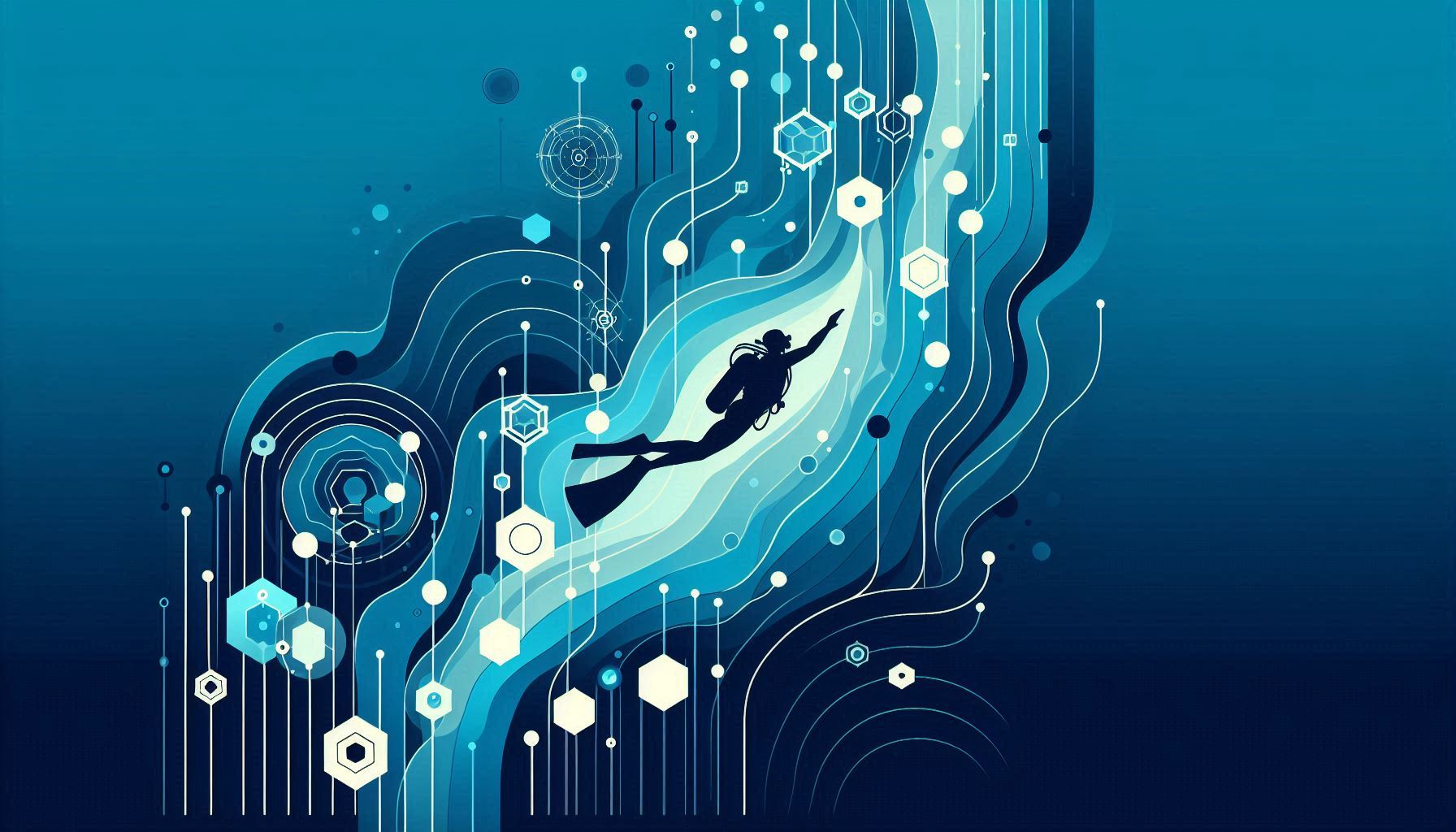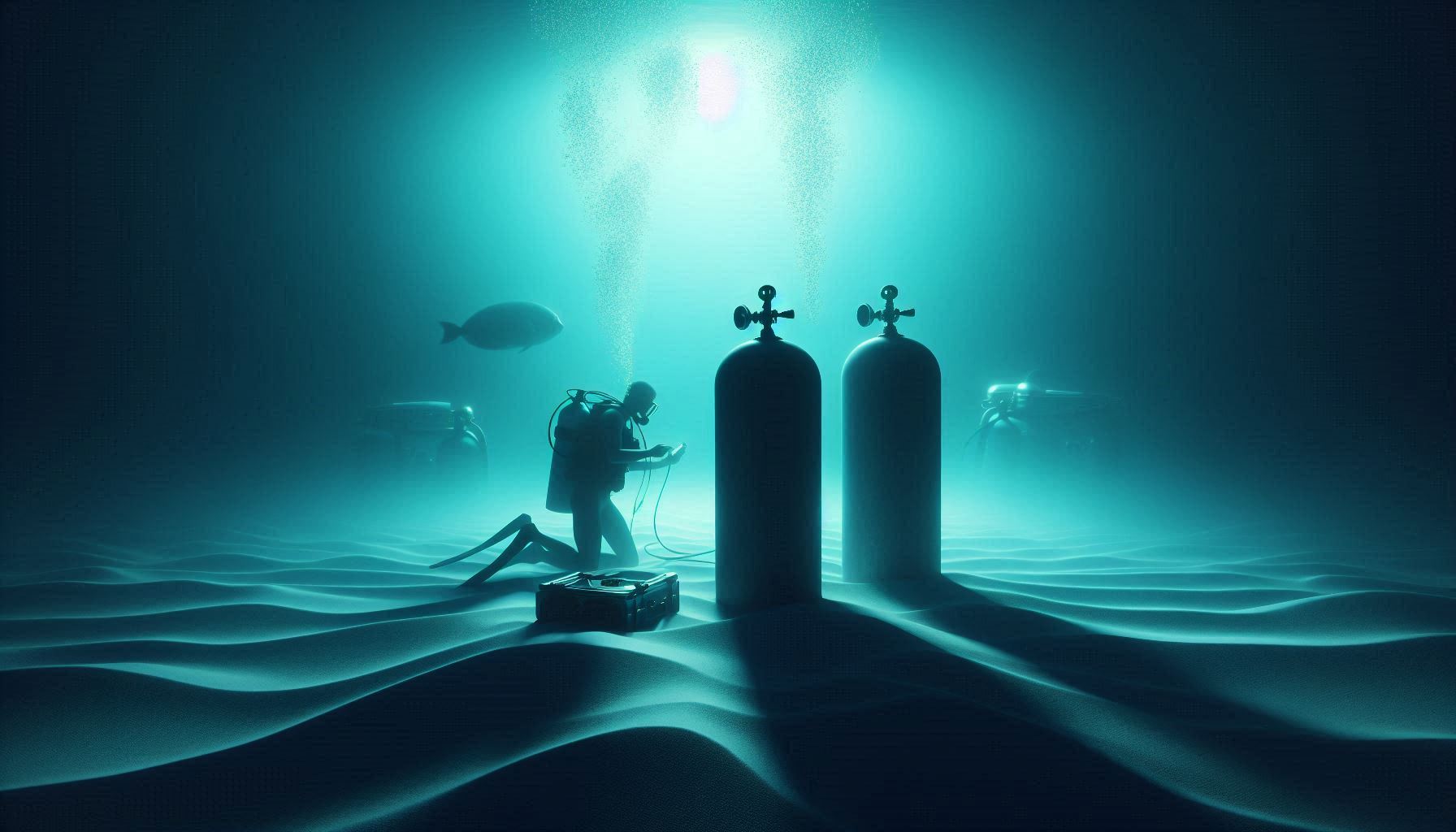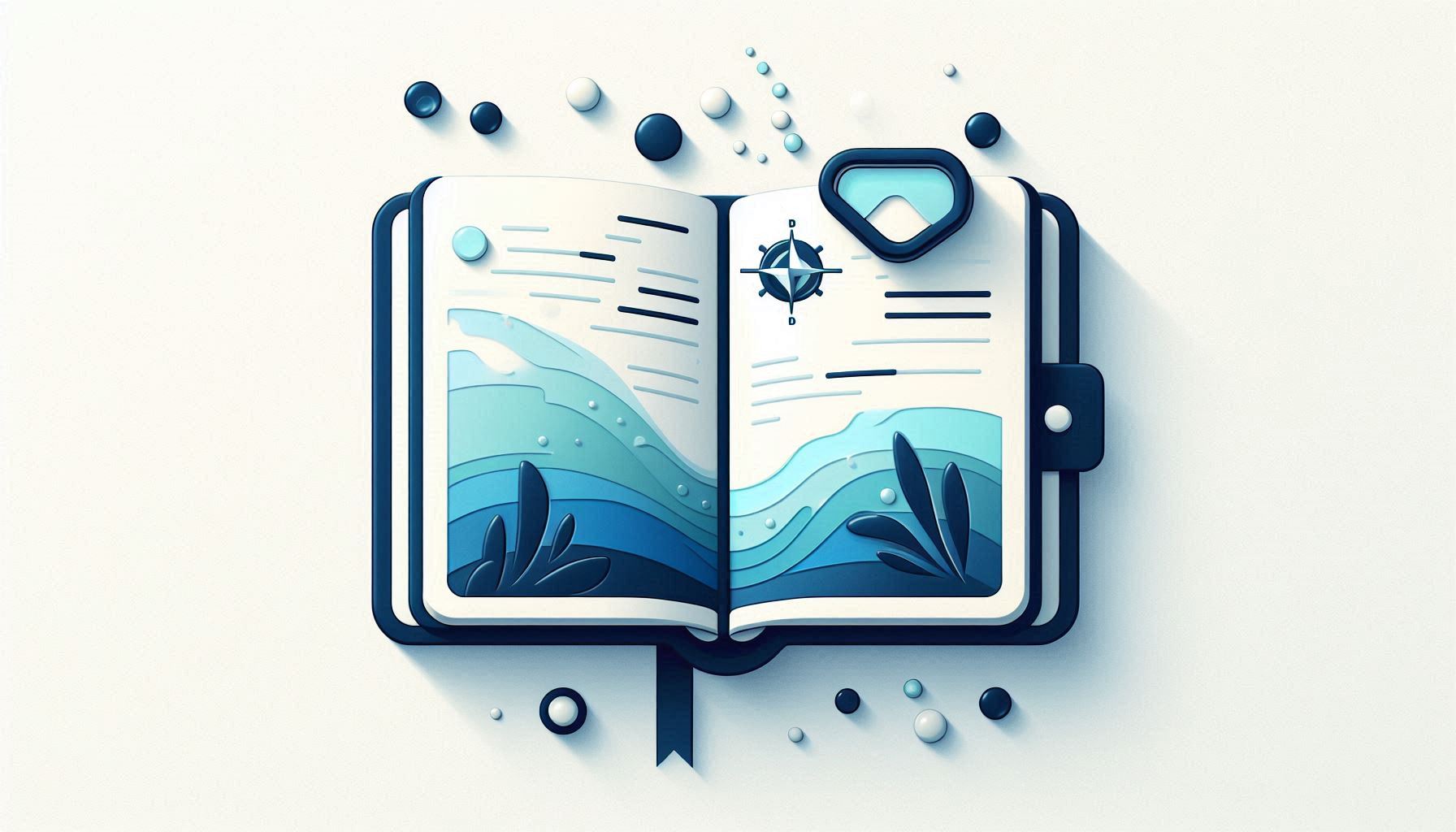
Understanding Scuba Diving Certification Levels: From Beginner to Pro, Complete Guide
Discover the complete pathway from Open Water to Instructor with our comprehensive guide to scuba certification levels. Compare PADI, SSI, and NAUI programs, understand costs and timelines, and learn which certification unlocks your dream dive experiences
Matteo Beltrame
Founder of Depthlog
10 Mar 2025
0
Understanding Scuba Diving Certification Levels: From Beginner to Pro, Complete Guide
Discover the complete pathway from Open Water to Instructor with our comprehensive guide to scuba certification levels. Compare PADI, SSI, and NAUI programs, understand costs and timelines, and learn which certification unlocks your dream dive experiences
Why Proper Certification Matters
Scuba diving is an incredible adventure that opens up 71% of our planet for exploration. However, it also involves inherent risks that proper training mitigates. Certification isn't just a card in your wallet, it's verification that you've received standardized training to handle various underwater situations safely.
Proper certification ensures you understand crucial safety protocols, teaches you how to use equipment correctly, and builds confidence through supervised experience. Many dive operators won't accept uncertified divers, and certification opens doors to dive sites worldwide. The skills and knowledge you gain through structured dive training progression are invaluable not just for your safety, but for protecting the delicate underwater environments you'll explore.
Major Certification Agencies: PADI vs SSI vs NAUI and Others
Several internationally recognized organizations provide standardized scuba diving certification. While their courses cover similar core competencies, their teaching methodologies and philosophies differ slightly.
Click to explore

PADI (Professional Association of Diving Instructors)
The largest certification agency worldwide, PADI has certified over 28 million divers since 1966. Known for highly structured, modular training programs with an emphasis on recreational diving, PADI offers widespread global recognition and extensive continuing education options.
Click to explore

SSI (Scuba Schools International)
Founded in 1970, SSI emphasizes flexibility in training approach. Digital learning materials are included in course costs, and they focus on comfort and skill mastery rather than minimum requirements. SSI offers strong international presence and recognition of crossover training from other agencies.
Click to explore

NAUI (National Association of Underwater Instructors)
America's oldest recreational diving organization, NAUI was established in 1960. Known for comprehensive training beyond minimum standards, NAUI places strong focus on environmental awareness, emphasis on rescue skills at earlier certification levels, and grants greater instructor autonomy in course structure.
Click to explore

CMAS (Confédération Mondiale des Activités Subaquatiques)
CMAS is a global umbrella organization representing underwater activities in over 130 countries, Its certifications are particularly valued in Mediterranean countries, where their standards are often considered the baseline for local diving regulations. Their training philosophy emphasizes thorough skill development and typically includes more training dives than some commercial agencies.
Other respected organizations include:
- BSAC (British Sub-Aqua Club)
- FIPSAS (Federazione Italiana Pesca Sportiva e Attività Subacquee)
- SDI/TDI (Scuba Diving International/Technical Diving International)
Each has its strengths, but their certification levels are largely equivalent and mutually recognized throughout the diving industry.
Scuba Certification Levels Explained
Beginner Certification Levels
Discover Scuba & Basic Diver
While not technically certifications, these introductory experiences allows you to try diving in controlled conditions with no prior experience. It typically takes from few hours to few days, covers basic safety concepts and skills, and limits you to approximately 12 meters with constant instructor supervision.
Open Water Diver
The foundational scuba diving certification and full license to dive covers essential theory (physics, physiology, equipment, planning) and develops crucial skills in confined water (pool) sessions.
You'll apply these skills during 4-6 open water dives and become certified usually up to 18 meters. This typically requires 4-7 days to complete and is the essential first step in how to become a certified scuba diver and the prerequisite for almost all continuing education.
Intermediate Certification Levels
Advanced Open Water Diver
This certification expands your diving capabilities by introducing specialty dive environments (deep, navigation, night, etc.) and typically includes 5 adventure dives with minimal classroom time. It increases depth limits to 30-40 meters (agency dependent) and builds confidence through varied diving experiences.
Specialty Diver Certifications
Focused training in specific diving environments or skills includes popular options like Wreck Diver, Night Diver, Deep Diver, and Underwater Photography. Each specialty typically requires 2-4 dives plus knowledge development and can be applied toward Master Diver recognition. These advanced scuba certifications allow divers to customize their education to match personal interests.
Rescue Diver
This crucial level focuses on preventing and managing problems by developing skills to help yourself and other divers in distress. It covers recognition, management, and resolution of diving emergencies, includes first aid and CPR training, and requires approximately 5-7 dives plus scenarios. Many divers consider meeting rescue diver requirements the most challenging but rewarding part of their training, representing the transition from focusing on personal skills to situational awareness.
Professional Certification Levels
Divemaster
The first professional level certification develops leadership abilities and demonstration-quality skills while teaching how to organize and supervise diving activities. It includes assisting with training courses and guiding certified divers, requires extensive diving experience (minimum 40-60 logged dives), and training duration varies from 2-8 weeks depending on format.
Assistant Instructor/Instructor
Full teaching credentials involve mastery of all diving theory and skills to demonstration quality, development of effective teaching techniques, knowledge of training standards and risk management, and the ability to certify new divers (Instructor level). These certifications require dedication but enable you to share the joy of diving with others while working in amazing locations worldwide.
Technical Diving Certifications
Beyond recreational diving limits, technical diving certification introduces specialized equipment and gas mixes, enables extended depth ranges and overhead environments, and requires significant experience and additional training. Examples include Extended Range, Trimix, Rebreather, and Cave diving, with training emphasizing redundancy and problem management. These certifications enable exploration beyond recreational diving's 40 meters limit, with proper training and equipment for safety at extreme depths or in overhead environments.
Certification Equivalency Between Agencies
While each agency has its own naming conventions, the core competencies align across organizations.
Skills Learned at Each Level
Open Water Diver Skills
- Basic equipment assembly and checks
- Mask clearing and recovery
- Regulator recovery and clearing
- Buoyancy control fundamentals
- Underwater communication & basic problem management
- Safe ascent procedures form the foundation of your diving education.
Advanced Open Water Skills
- Progress to underwater navigation (compass and natural)
- Deep diving procedures
- Dive boat procedures
- Improved buoyancy control
- Night diving techniques and drift diving methods.
Rescue Diver Skills
- Develop crucial safety abilities including stress recognition and prevention
- Self-rescue techniques
- Underwater search patterns
- Unconscious diver management
- Emergency oxygen administration
- Missing diver protocols and rescue transport techniques.
Professional Level Skills
- Master demonstration-quality execution of all diving skills
- Dive briefing and site preparation
- Problem anticipation and prevention
- Supervision and management techniques and training and coaching methods.
Each level builds upon previous training, developing a comprehensive skill set that enhances both safety and enjoyment underwater.
Diving Opportunities Unlocked by Each Certification
Your certification level determines which underwater experiences are available to you.
Open Water
Divers can enjoy reef diving to 18 meters, guided diving at most vacation destinations, introductory level wreck diving (no penetration), and shore and boat diving in favorable conditions.
Advanced Open Water
Certification enables deep reef diving (30-40 meters), basic wreck diving, night diving adventures, drift diving in currents, and access to most recreational dive sites worldwide.
Rescue Diver
With specialties opens up more challenging dive sites, advanced wreck exploration (with proper specialty), participation in conservation projects, and access to some liveaboard trips with minimum requirements.
Professional
This level allow working in the dive industry, leading certified divers, teaching courses (instructor level), participation in advanced expeditions, and fulfill technical diving prerequisites. Each certification unlocks new possibilities for underwater exploration.
Next Steps: Continuing Your Diving Education
The journey of a diver is one of continuous learning. To progress beyond your current level, master your current skills by logging additional dives, identify your diving interests, research specialty courses that align with these interests, connect with your local dive community for mentorship, and consider destination training at world-class dive locations.
Remember that certification is just the beginning—experience is equally important.
Scuba certification is a journey rather than a destination. Each level builds upon the last, developing not just skills but confidence and judgment. Whether your goal is occasional vacation diving or a professional career underwater, understanding the scuba certification levels empowers you to chart your course thoughtfully.
The best scuba diving certification isn't about which agency you choose, it's about finding quality instruction that matches your learning style and diving goals. Take your time, enjoy the process, and prioritize becoming a safe, responsible diver before rushing to the next level.
Ready to take the plunge?
Contact your local dive center to discuss scuba diving prerequisites and begin your underwater adventure!
Still on dry land?
Join fellow dive enthusiasts who've already discovered the easiest way to track their underwater adventures and their diving analytics!



